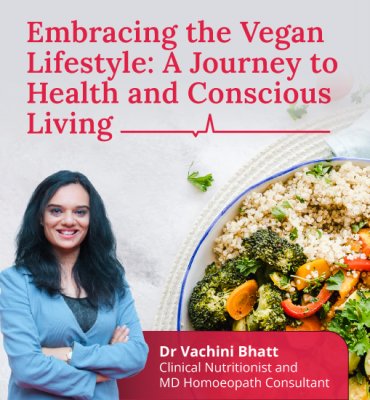
In this discussion, with Dr Rishi Raj Singh, Ex-CEO of Saahaj Milk Producer Company Limited and a renowned dairy expert, we want to share why dairy is good for us, especially considering how our diets are changing.
Today, as we celebrate National Milk Day, let us discuss why dairy is so important for our health. Dairy products, like milk and cheese, are known for having many good nutrients our bodies need. They are like superfoods that help us stay healthy.
In this discussion, with Dr Rishi Raj Singh, Ex-CEO of Saahaj Milk Producer Company Limited (Uttar Pradesh) and a renowned dairy expert, we want to share why dairy is good for us, especially considering how our diets are changing. We will give you some expert tips on making smart and healthy choices regarding dairy.
We also talked about the dynamic relationship between dairy and contemporary health trends, addressing concerns, and embracing the diversity of consumer preferences. Join us in exploring the timeless significance of dairy in promoting overall well-being.
Q1: How does eating dairy help you stay healthy every day?
Dairy products like milk, cheese, and yogurt have lots of good nutrients your body needs. They are like superfoods that keep you healthy. These foods give you important things like calcium, protein, vitamin D, potassium, and phosphorus. These nutrients are crucial for strong bones, a healthy immune system, good digestion, and even nice skin and hair. Nutritionists suggest including dairy in your meals for a well-rounded and healthy diet.
Q2: What are the important benefits of eating dairy for a balanced lifestyle?
Dairy is not just about filling your stomach; it does a lot more. It helps your immune system, makes your bones and teeth strong, keeps your digestion on track, and is good for your heart. Plus, it can have positive effects on your skin, hair, and even your emotions. Dairy is also great for recovering after exercise, showing how useful it is for different aspects of your overall health.
Q3: Tips for making smart and healthy dairy choices?
When choosing dairy, check the labels for fat, saturated fat, salt, and sugar. Go for smaller servings, include milk in your meals, try different dairy products, and consider lactose-reduced options. These tips help you make choices that are good for your health.
Q4: What should you do if you can not have dairy because of lactose intolerance?
If you can not handle lactose, try having smaller servings of dairy, use milk mainly in meals, explore different dairy products, or go for lactose-free alternatives. These strategies can help you avoid discomfort while still getting essential nutrients for a balanced diet.
Q5: Why are probiotic-rich dairy products good for you?
Probiotics in dairy, like in yogurt, help your digestion and have health benefits. They support weight management, improve your immune system, and contribute to overall well-being. It is about maintaining a healthy balance of gut bacteria, and probiotic-rich dairy is a helpful ally.
Q6: How can you balance getting the good stuff from dairy without worrying about too much fat?
Make mindful choices like going for fat-free or low-fat dairy options. Use skim milk in your drinks and consider fat-free yogurt as a snack. These choices keep the benefits of dairy without going overboard on fat.
Q7: Any advice for picking the right dairy products in a market full of options?
When choosing dairy, look at variety, quantity, and nutrition. Check labels for calcium and vitamin D, important for bone health. Remember to include dairy as part of a diverse and balanced diet to enjoy all the nutritional benefits.
Q8: How have people's views on dairy changed, and why is it important to know more about it?
More and more people realize how dairy plays a role in a healthier lifestyle. Learning about dairy's nutritional benefits and clearing up myths is essential. Knowing the facts helps people make smart choices based on their health and food preferences.
Q9: Simple tips for adding dairy to your diet for better overall health?
Easy steps like using lower-fat spreads, trying reduced-fat dairy in recipes, and using lower-fat alternatives instead of cream help you include dairy in a way that supports your health goals.
Q10: How is dairy changing to meet the different needs of today's people?
Dairy is adapting to what people want and need for their health. Farms are using sustainable practices to reduce their impact on the environment. With new technologies, the dairy industry is making sure they provide a variety of choices that suit individual needs while still meeting nutritional standards.










